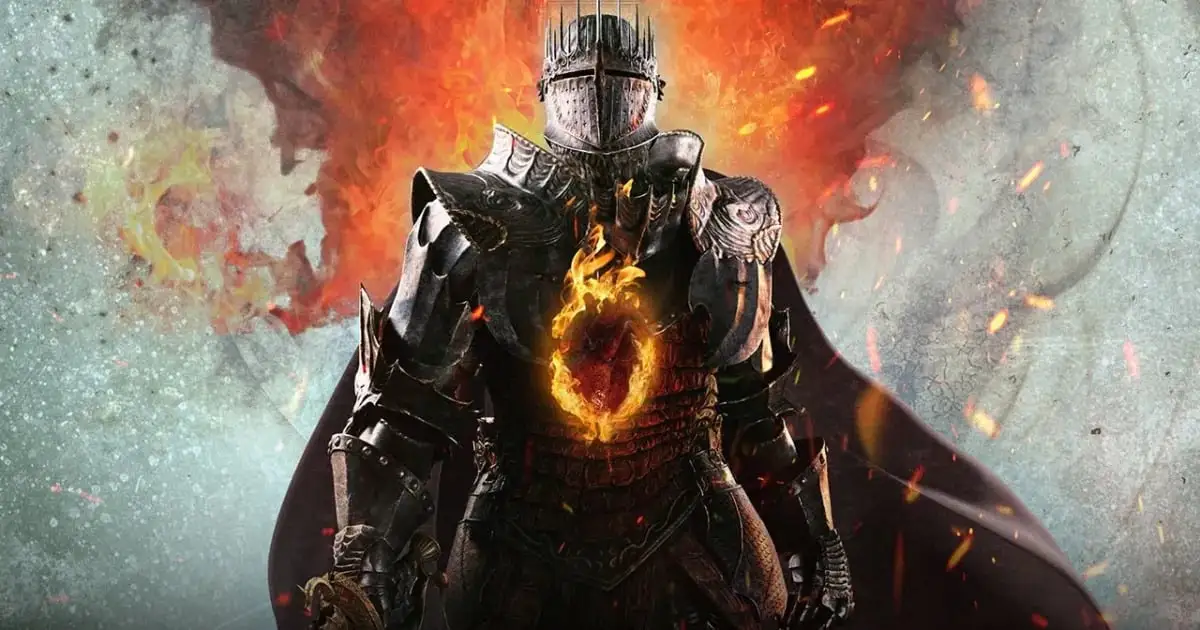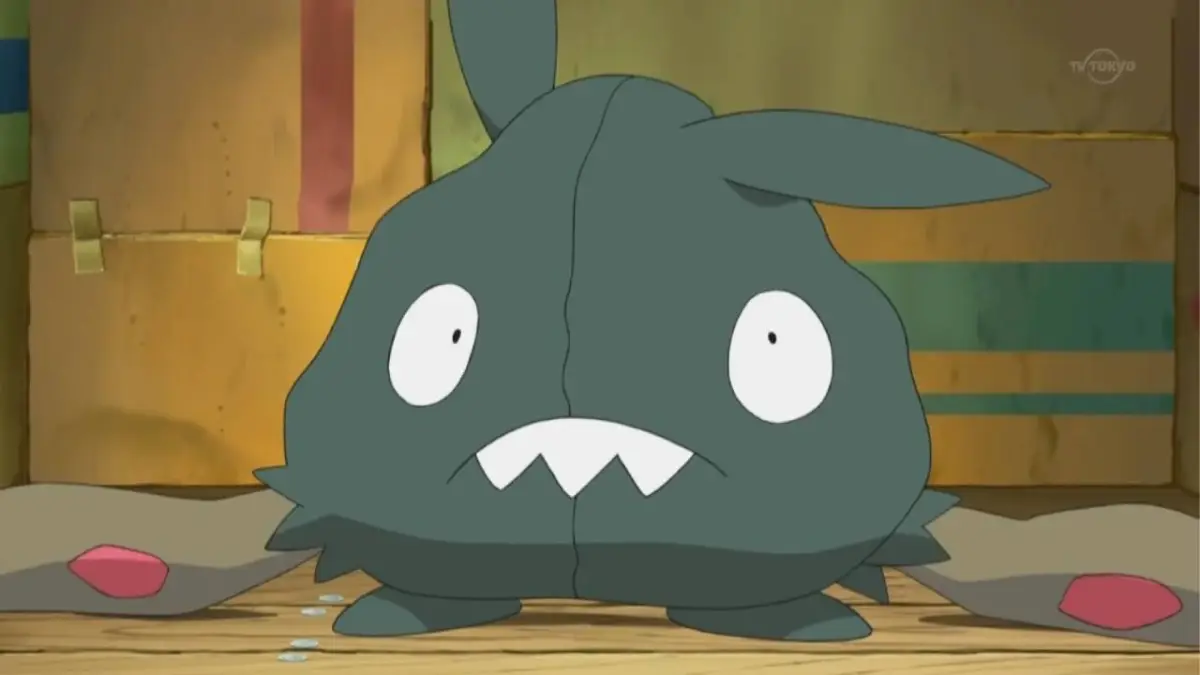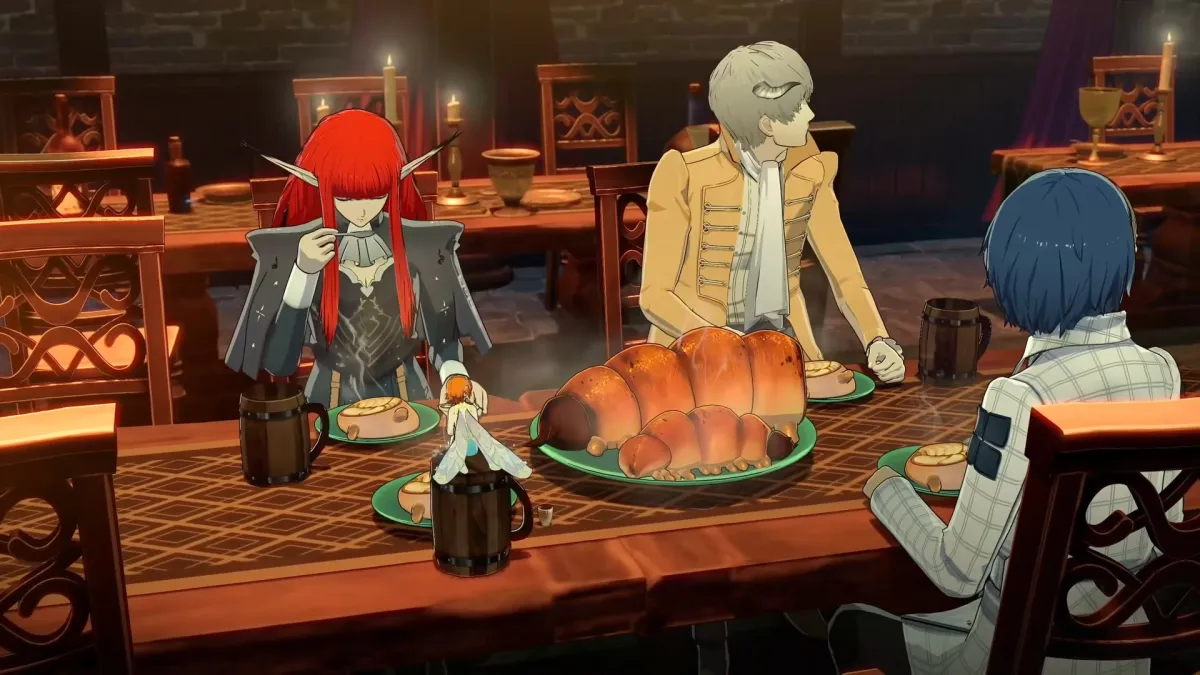
The executive producer chats about bringing DJ Max to America, the challenges facing DJ Max Technika’s release and how the US bound PSP title was almost completely different.
Michael Yum of PM Studios knows that he and his Korean colleagues at Pentavision are facing an uphill battle in the west, but they’ve also got every reason to remain optimistic. The rhythm genre, while finally hitting its retail ceiling, is still red-hot and its anyone’s guess as to what the next, big hit will be. In Korea, it’s already occurred as the humble DJ Max Portable series of PSP rhythm titles have garnered a huge following in a short space of time. Armed with both an arcade release in DJ Max Technika and the highly anticipated US arrival of DJ Max Fever, Yum hopes that the word-of-mouth campaign that made DJ Max an import success will continue to fuel their advances in the western world. We caught up with Mr. Yum on the campus of UCLA, where DJ Max Technika’s was facing a public test.
***
The Escapist: Unless you’re living in California or Texas, the arcade scene tends to be non-existent here in the United States, so the question on the mind of your average gamer is, “Why put so much effort into a US release of an arcade game?”
Michael Yum: Well, I suppose it’s pretty much for the fans. We also want to help in the revitalization of arcades. Companies like Capcom, Konami and Activision, they’re all trying really hard at the moment and so we don’t see each other as competition in this market. Obviously, it’s a different story when it comes to consoles. In the arcades though, we all want to help each other make the games successful here, so we hope to help revitalize arcades and bring a lot of new console games over here in the process. That’s why we decided to go all out and include the network leader boards, a new interface like the Nintendo DS that’s all touch-screen and for a game that looks very appealing to casual players, but it has all the elements hardcore gamers are looking for.
I know it’s pretty much a dying market, but when Designer Park came up with the idea for Technika, we couldn’t bring it out for any other system. With the Nintendo DS, the screen is very small and it doesn’t have multi-touch capabilities, so this is pretty much it.
TE: Has that become a problem? Or was Technika developed with the thought of, “Well, this is just going to remain in the arcades.”
MY: Yes, exactly, we started developing DJ Max Technika even before the iPhone really took off. We didn’t even think about Nintendo DS. There’s a lot of piracy in Korea, especially for the Nintendo DS. Sure, it’s bad with the PlayStation Portable as well, but not nearly as so on the DS. In Korea, a lot of the hardcore gamers have the PSP, but there are also lots of people buying them to watch movies on the subway, or television using the TV tuner, stuff like that. But with the DS, even the most casual users are buying these R4 chips and bootleg games.
There is a possible port of DJ Max Technika coming in the future though. We’re currently developing a title for the Nintendo DS and experimenting with the iPhone as a possible device. Should everything work out then we could have a universal ranking system for Technika. Maybe some players will want to play it in the arcades because they can pull off the chains better than on their DS, stuff like that. We still have a lot of work to do on figuring it all out as with the Nintendo DS, it only allows for one touch at a time. The screen is also very small and everyone is worried about how the graphics will turn out. We don’t want to dumb down the game or anything like that, so we’ve got some work ahead of us.
TE: Where did the original idea for a touch-screen DJ Max begin?
MY: We began working on a DJ Max arcade game and we experimented with a few different ideas. We had the classic DJ Max Portable style game with the buttons and everything. We had another game called Project AM that was less interactive than Technika, but it was geared towards a more casual audience. Director Park at Pentavision had an idea for a touch-screen game and the producer, ponGlow, wanted to see what he was thinking and so it allowed him to create a prototype of what would become DJ Max Technika.
Everybody at Pentavision fell in love with it, so they invited us at PM Studios to come see and we were floored. We thought, “Oh wow, this is amazing. Let’s hurry up and do this.” Everything happened very fast after that. All it took was one idea and the game was green-lit right there.
TE: What is that relationship like between Pentavision and PM Studios?
MY: We were interested in bringing DJ Max Portable and DJ Max Portable 2 and all their other games over to the US, and when we talked to them we said that we’d like to introduce the game to the States and give it to them from the beginning, but we don’t want to charge them the full price. So what we decided upon was to make it a hybrid, best-of version called DJ Max Fever, but we also recognized that people wanted extra features. Since the game was so heavily imported to the United States, we wanted to add new content as well, so right before we were about to release DJ Max Fever we found ourselves with new songs.
In Korea, Pentavision has been working on the sequel to Portable 2 called DJ Max Black Square. So we said, let’s just give them something new by adding the Black Square engine to Fever. No one really knows what that is [laughs], so I’ll just tell you a little bit about Black Square. It features a new, green note that allows players to control the background music. So not only can you play the beats, but you can change the background music as well. It also features a new freestyle mode where you can push any button to match the beat, but it gets harder as you go along because you have to play with a lot of different combinations or your points will go down. We decided it was best to delay the release of DJ Max Fever until January to add all of this.
We’ve really enjoyed working together on everything we’ve done so far, so we’ve decided to collaborate on everything we do. We want to bring everything that Pentavision makes in Korea to everywhere around the globe, including the United States and Europe … so expect to see a lot of European announcements coming very soon from us and a lot more games that we haven’t even talked about yet. We’re holding on to our secrets until the new year, though. We’ve been very happy to work together and from the looks of it, we may become one company.
TE: How has it been trying to sell US retailers on DJ Max Fever?
MY: Really, really hard [laughs].
TE: Is that right? I would have thought it might have been easier now than say, back when the original DJ Max Portable came out in 2006, now that Guitar Hero and Rock Band have paved the way for a broad acceptance of rhythm games.
MY: Oh, they have, but the retailers are just wary of PlayStation Portable software. It’s not that Sony is not promoting the PSP enough, it’s actually the retailers. The Nintendo DS has had a huge boom and they’re still riding it, so retailers aren’t giving anybody else a chance and are cutting down on PSP. We’re a new publisher as well, so it’s been really hard. But we’ve gotten all the major retailers to commit to DJ Max Fever, thanks to everybody, the fans, the good press … it all really helped and so the demand for the game is clearly there.
TE: Has Sony offered any kind of support for the release of DJ Max Fever?
MY: It’s funny that you mention it because just earlier this week, Sony offered us full support for the title. They want to push specific games that they see as key titles and so you know how they have that giant PSP in New York City? They say they’re going to help us get our trailer over on that huge screen. They also want to put our game on the billboards and in the commercials, so yeah, hopefully you’ll be seeing a lot more of DJ Max Fever with Sony backing it up. I don’t really know much else at the moment, but they’re giving us a lot of great support.
TE: The production values on all the DJ Max titles is extremely impressive, especially considering that it’s a relatively small game. How does Pentavision pull together all the visuals and music into the final product?
MY: These guys really take so much pride in everything they do. The artists come up with lots of storyboards and art for years, even outside of work. Then they take all of that and give it to the company because they really want to see their art featured in the games. The musicians want to honor their art as well, so they spend a lot of time working with the artists to make sure that the music matches the background visuals really well. In the newer versions of the game, you’ll notice that when you hit specific notes, it’ll trigger a new graphic overlay to bring the experience much closer than before.
We just have a ton of artists. The company grew from 5 to 130 as DJ Max became this huge success. We here at PM Studios are offering them our full support as well, budget-wise, artists, music, we provide them with whatever they need.
TE: What has the discussion been like as to making this series more appealing to a Western audience?
MY: When we initially decided to bring DJ Max Fever to the US, we were going to completely change the entire soundtrack and work with American artists and labels. But then I read all the forums and blogs where people were saying, “If you change the music then its not the same game,” and everyone seemed very against the idea.
So we decided not to change a thing. That pretty much killed the idea of DJ Max Fever reaching Rock Band and Guitar Hero status. It hurt us a lot [laughs].
At that point, we pretty much knew we were going exclusively for the hardcore gamers. We’re still want to try and go for that more mainstream audience with future versions of the game, but it looks as though downloadable content may be the way to go, so we’re going to put out DJ Max Fever, then try out expansion packs with different labels.
I’m not sure what’s going to happen with the next version of DJ Max, but we want it to work for American, Korean and Japanese audiences. China, for example, is asking us to put all Chinese music in there and we’re like, “Oh no, that’s going to way too hard [laughs],” because no one on the team speaks Chinese.
TE: Do you feel as though there are any regrets with this strategy? Or do you think it’s still very much possible to create a successful title exclusively for hardcore audiences?
MY: Well, I don’t think Guitar Hero was a success with everyone in the beginning. It was a hit with the hardcore rhythm gamers and then it spread by word of mouth. I’m think that here, in the US, active PSP owners are the hardcore gamers. There aren’t many casual-oriented PSP titles, you know? We didn’t think we were going to attract the casual audiences the first time anyway. Hopefully, the people who enjoy the game will continue to spread the word with the release of DJ Max Fever as that’s how we’ve gained out success in the first place. We want to make it big, but we know the first step is going to be difficult.



